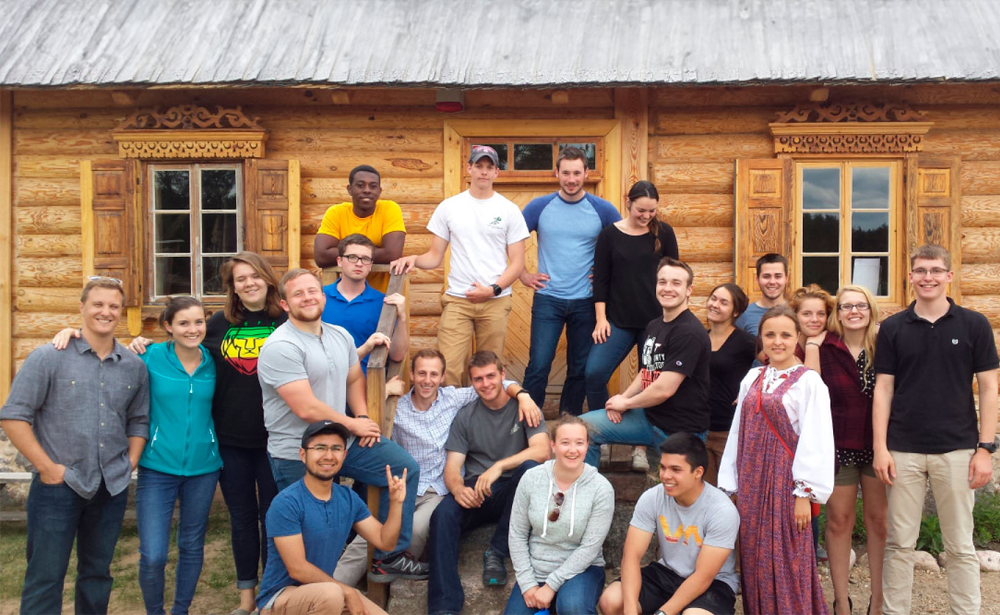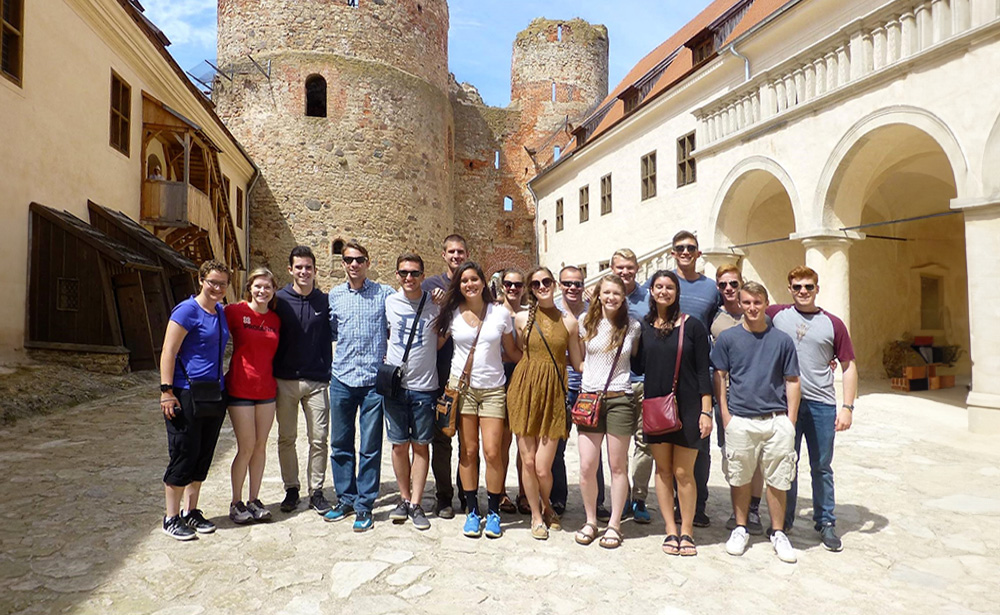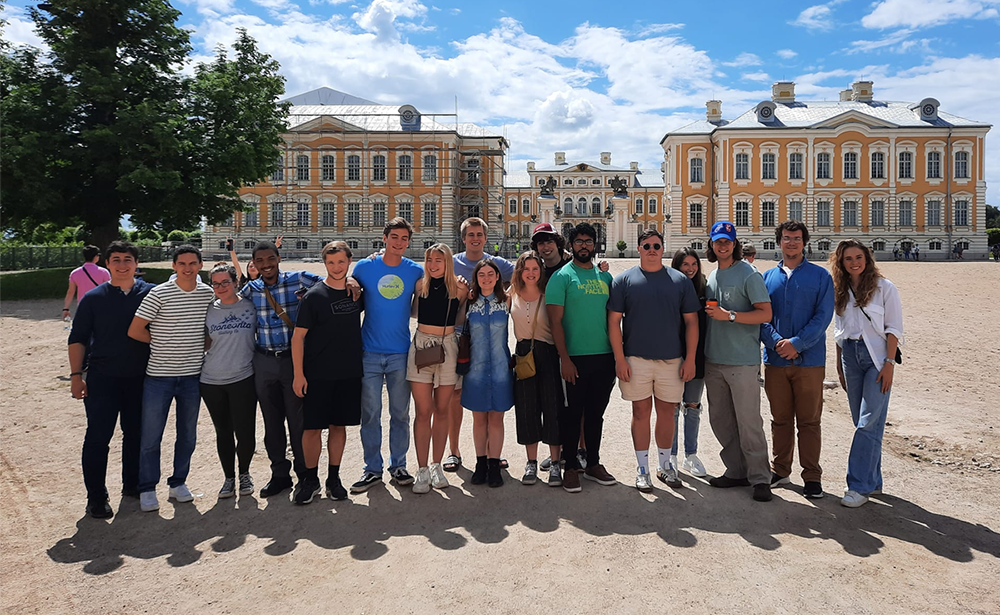How to say hello in Russian

The most important thing you need to know in Russian is how to say Hello in Russian, because any greeting immediately makes you sound polite and provides a good first impression of you. There are a lot of greeting words in Russian that are used in different ways depending on the time of the day and the people you talk to.
In this article, we will teach you how to say Hello correctly, and we will start by learning a few Russian phrases that are necessary in most situations where you need to greet a person or several people.
- Здравствуй! (Zdravstvuj, Zdrah-stvooy; Hello).
Most often we use this greeting to greet a person with whom communicate informally.
- Здравствуйте! (Zdravstvujtye, Zdrah-stvooy-tee; Hello).

Most often we use this greeting to greet a person with whom communicate formally. You can also use this greeting when addressing two or more people, even if they are children, family members or close friends.
Pay attention that when you pronounce the words “Здравствуй” and “Здравствуйте” the first letter “в” (“v”) is silent. Otherwise it would be really hard to pronounce!
- Привет! (Privyet, Pree-vyet; Hello, Hi)
This is the informal way of greeting and you should know a person really well before you start greeting them in this way.

Saying Hello at a different time of the day
- Доброе утро! (Dobroye utro, Dohb-ruh-ee oo-truh) Good morning!
Russians say it in the morning before noon.
- Добрый день! (Dobryj dyen’, Dohb-rihy dyen’) Good afternoon!
You can use this greeting for the most part of the day, except early in the morning or late in the evening.
- Добрый вечер! (Dobryj vyechyer, Dohb–rihy vye-cheer) Good evening!
This greeting you use in the evening.
You can also use all of these expressions without having to think about whether or not to address the person you are greeting to “You” (“Ty”) or “You” (“Vy”). No matter who you greet, you can safely use any of these phrases.

The address “Как дела?”
Russians are used to answering the question “как дела?” in a lot of details:
- Как дела? (Kak dyela? Kahk dee-lah?) How are you?
You can use this phrase when you are at a party, or event, or when you meet a friend or several friends, as well as when talk on the phone.
- Как вы поживаете? (Kak vy pozhivayetye? Kahk vih puh-zhih-vah-ee-tee?) How are you?
This is a formal way of address. You can use this phrase when you talk to your boss, professor, or to a person who is older than you, or the one you have just met.

How to say Goodbye to a person?
- До свидания! (Do svidaniya! Duh svee-dah-nee-ye! Goodbye!)
This is an excellent way to say goodbye in any situation, which literally means goodbye ” until our next date”.
- Пока! (Poka! Pah-kah! Bye or See you later).
You can say “пока” only to a person who you know really well.
The phrase that you can use in the evening or before you go to bed:
- Спокойной ночи! (Spokojnoj nochi! Spah-kohy-nuhy noh-chee; Good night!).
This phrase works well in both formal and informal situations.

Now, with the help of our article, you know how to say Hello or Goodbye to a Russian person or several people in different situations. We will be glad if this article helps you in further learning Russian!
You may be interested
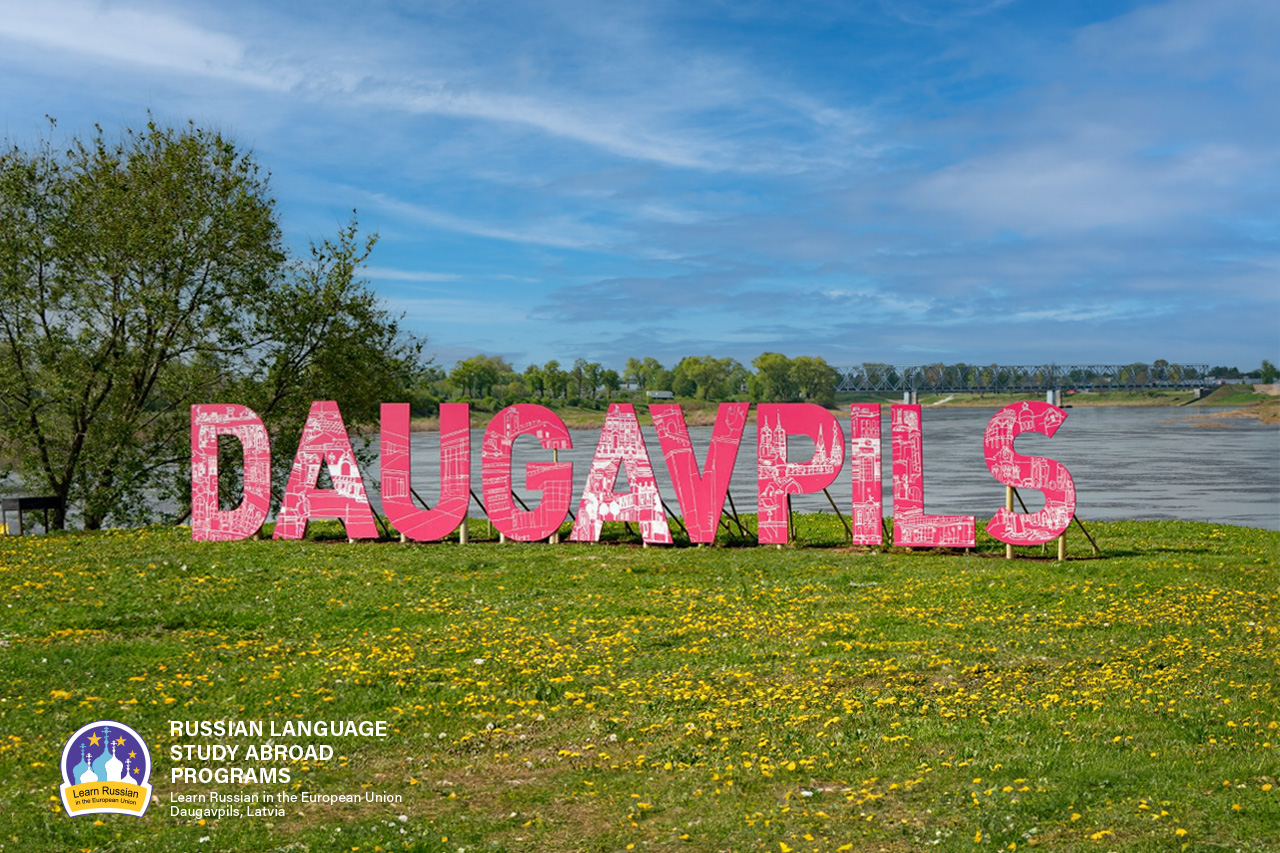
Why do people speak Russian in Daugavpils?
As it seems to us, Daugavpils is the best place to learn Russian now, because our city is situated in the EU and NATO, but at the same time 90% of the city’s population speak Russian at home.
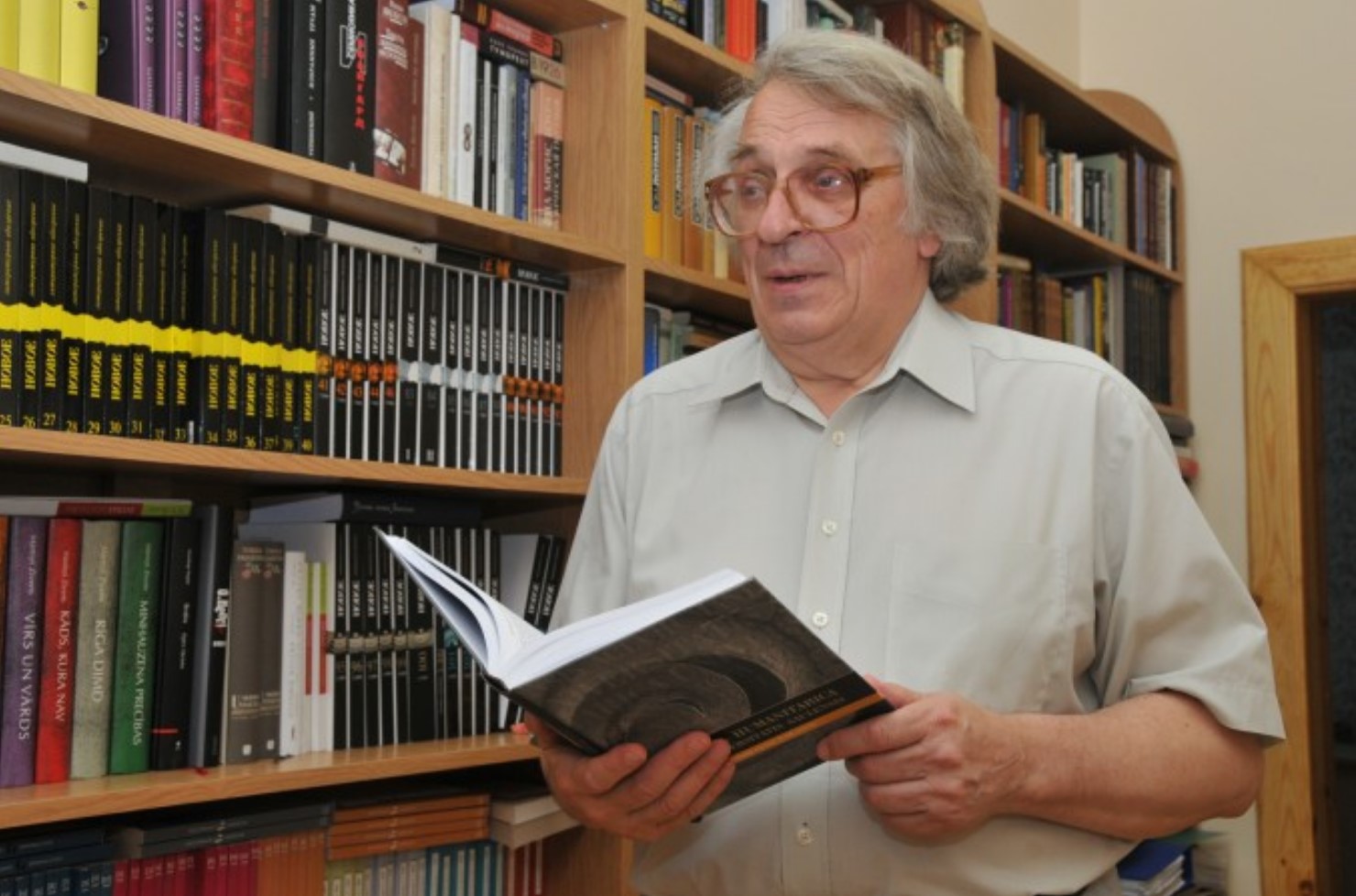
ЭТЮД О ДВИНСКЕ
Etude on Dvinsk by F.Fedorov
The Baltic region is one of the most catastrophe prone regions of the 2nd millennium, especially its second part; it is the centre of attraction of ‘geopolitical’ interests of the European world. Probably the most tragic fate has befallen to the eastern part of the present Latvia and its multi-titled town of Dinaburg – Dvinsk – Daugavpils. During its 730 years long history, the town went through five rather autonomous periods of development, five different lives (German, Polish, Russian, Latvian, Soviet), and at the beginning of the 1990s it entered into the 6th period.
The history of Dinaburg – Dvinsk – Daugavpils is the history of five attempts by the town to begin its life anew; and this is determined not only by the fact that the town was four times burned down and had to start life from scratch, but first and foremost because each of these periods was characterized by a total change of ethnos and the socio-cultural field.
The present article deals with the cultural space of the town in one of the most efficient periods of its development – from the 1860s till World War I.






